This month marked a milestone in the UK expansion of both Lidl and Aldi. On the same day that Aldi opened its long-awaited 1,000th UK store, Lidl welcomed visitors to its newly opened largest distribution centre in the world.
Aldi used its 1,000th store opening to announce a new long-term target of having 500 more, with its UK & Ireland CEO Giles Hurley adding this was “not a ceiling to our ambition to have an Aldi store close to everyone in the UK”.
Lidl has been less focused on new stores this year, with its usual annual pipeline of 50 scaled back to 25, at least 19 of which have been opened so far. The supermarket is thought to be under pressure from high interest rates, thanks to debts at its parent the Schwarz Group following years of rapid expansion.
Lidl also sees the “potential for hundreds of new stores”, its GB CEO Ryan McDonnell said as it announced its full-year results last week. However, with over 960 currently, it sees itself as advanced enough in maturity to make now the time to devote more focus to warehouse capacity and efficiency, before cranking up its store opening programme again.
Hence the vast new distribution centre in Luton, which is Lidl’s first to feature automation. An automated storage tower extends to 17 storeys – many of them underground, meaning the ‘tower’ would be hard to spot from outside the facility.
At 1.2 million sq ft, and half a kilometre in length, the Luton DC is already three times the size an existing Lidl warehouse. The automated storage tower will mean even more capacity – and efficiency – when fully operational. Though Lidl has not yet disclosed further details on the role it will play, the tower will house 69,000 of 115,000 pallets within the building.
The £300m Luton facility, in Houghton Regis, is one of five UK regional distribution centres opened by Lidl in as many years, with another on the way in Gildersome, Leeds.
“Developing logistics and infrastructure is just as important [as new stores], to have a real sustainable plan from which to grow,” McDonnell told The Grocer.
“To have a sustainable logistics infrastructure is really important, to be able to supply stores in a sustainable way. And obviously that efficiency will help drive costs down and keep prices low.”
Both discounters operate on wafer-thin margins and very little profit – or none in the case of Lidl. It fell to a £75.9m loss in the 52 weeks ending 28 February 2023, from a profit of £41.1m the previous year.
While Aldi may have more stores, reducing costs to keep prices low is a way for Lidl to fight on another front.







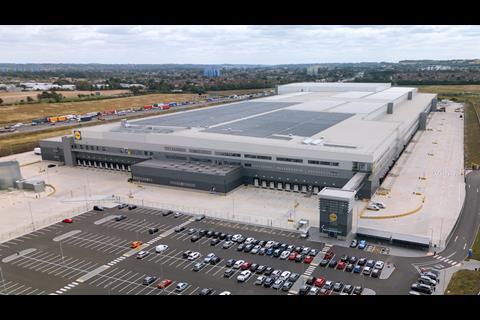
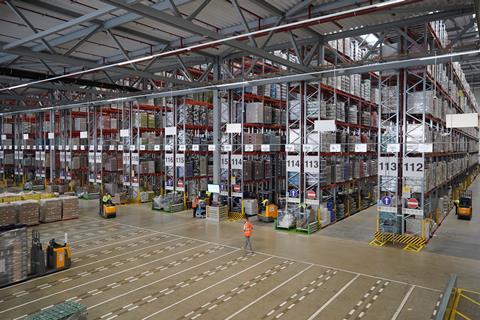
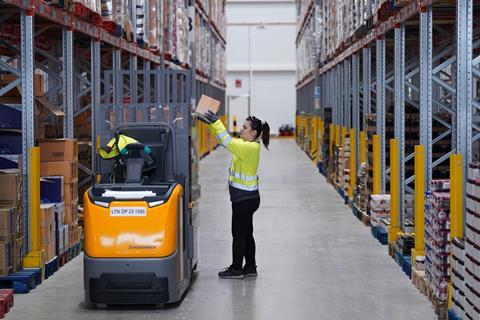
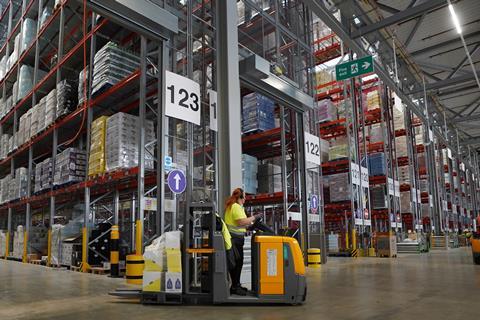
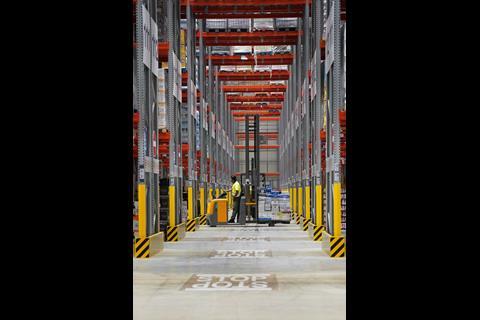
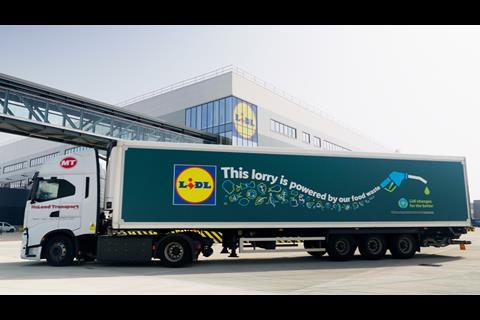
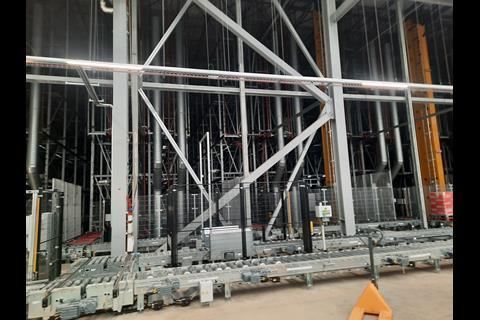












No comments yet